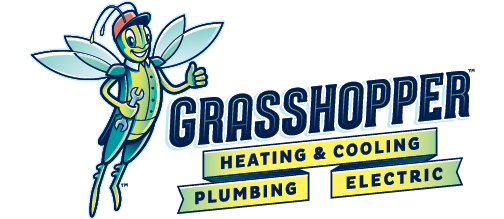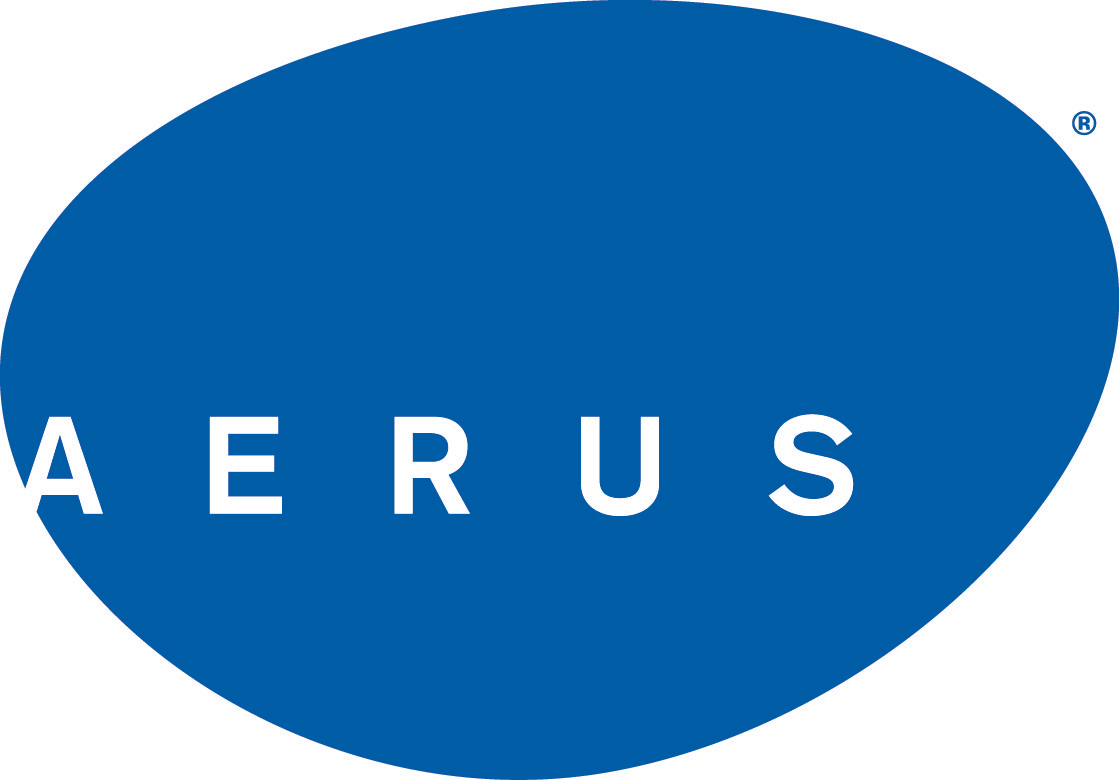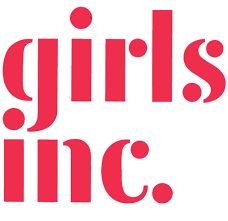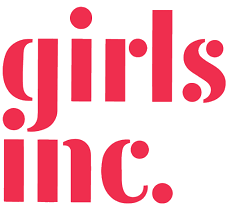In this guide to the top 3 HVAC services, our goal is to help you understand what it takes to have a reliable, efficient, and long-lasting heating and cooling system. These primary services—maintenance, installation, and repair—are all crucial in ensuring your air conditioner or furnace works safely and effectively. Here is an in-depth look into each of them.
HVAC Maintenance
Maintenance is an important yet often overlooked HVAC service. It can reduce energy consumption and save money on utility bills and repairs. Maintenance can also help put off replacing the system.
Your HVAC system should be tuned up by a professional twice a year. Your air conditioner should be serviced in the spring and your heater in the fall. During a maintenance visit, a technician will check the thermostat and calibrate it if necessary, tighten electrical connections, and lubricate moving parts. They’ll also inspect and clean the condensate drain, evaporator and condenser coils, and blower components.
Other important tasks only a trained professional can do include:
- Measure the refrigerant level
- Inspect/tighten fuel line connections
- Check gas pressure and burner combustion
- Test the system’s controls/safety features
- Make small repairs
However, there are simpler tasks you can do in between maintenance visits that can help your HVAC system:
- Change the air filter every 30 to 90 days.
- Inspect the system for potential problems (low thermostat battery, clogged condensate drain, damaged flue system, blocked registers, moldy vents, unlevel outdoor unit).
- Remove clutter from the indoor air handler.
- Keep the outdoor unit clear of leaves, twigs, grass clippings, and debris.
- Test the carbon monoxide detector every month (it can warn of an exhaust leak, gas line problem, or poor ventilation).
- Check your energy bills for unexpected spikes or gradual increases in consumption.
- Install a programmable thermostat to improve temperature control based on demand.
HVAC Installation
Proper installation ensures your air conditioner provides adequate cooling during the summer and your furnace or heat pump keeps your home warm in winter. The key elements of a successful HVAC installation include:
- Sizing an Air Conditioner/Heater: If a unit is too small for your home, it won’t reach the right temperature. But if it’s too big, it can shut off before air fully circulates or humidity can be kept under control. A contractor will include the square footage of your home, the placement of doors and windows, and the sun angle in relation to your home when performing a load calculation, among other factors, to determine the optimal unit size.
- Equipment Placement: An AC or heater must be placed where there’s sufficient room for it and where any noise it makes won’t disturb people in living areas or bedrooms. Outdoor units can be especially noisy. Therefore, plan where you’ll place them before the contractor arrives. The thermostat should be installed away from drafts, ducts, and appliances that can create false temperature readings.
- Ductwork Installation: A new central HVAC unit can sometimes be installed with your existing ductwork. Before doing so, a technician should check the ducts are properly connected and not leaking. If new ductwork is required, the contractor will have to create a floor plan and determine how to complete the installation process with as little disruption as possible.
- Energy Efficiency: When evaluating HVAC installation costs, it’s important to consider long-term efficiency. An AC’s Seasonal Energy-Efficiency Ratio (SEER) measures efficiency—the higher a SEER rating, the lower your potential energy costs. Furnace efficiency is measured using Annual Fuel Utilization Efficiency (AFUE). High-efficiency units are 90% AFUE and higher, while 80% AFUE is standard.
- Cost: The cost of HVAC installation depends on the size of your home, the condition of ductwork, and the quality of your insulation and electrical system (modifications will increase installation costs). The type of equipment, the brand, labor rates, permits, and disconnecting/removing old units also factor into the total cost of the project. Higher efficiency systems, tax rebates, and utility rebates can potentially recoup some of the cost of installation.
HVAC Repair
The peak of the heating and cooling seasons is when HVAC technicians are in the highest demand. An HVAC unit should not be opened, repaired, or tested by anyone other than a trained specialist. When there’s an AC or heater issue, you can:
- Check for and replace a dirty filter
- Make sure air vents are clear and open
- Remove debris from the outdoor unit
- Check the thermostat settings
- See if a circuit breaker tripped
However, other issues will require an HVAC services professional. Some of the most common types of repairs to call a contractor for include:
- Refrigerant Leak: Refrigerant absorbs heat from inside and releases it outside. A lack of refrigerant or a leak can cause the system to malfunction. Signs of a leak include increased cooling costs, warm air blowing from vents, increased indoor humidity, and hissing noises from the outdoor unit. To fix a leak, a technician may repair or replace a coolant line and then follow a delicate process of adding more refrigerant.
- Condensate Drain Problem: Your HVAC unit produces condensation that the condensate drain line transports away. If it backs up or the drip pan overflows, moisture can damage the system and your home. A float switch may shut the system off. Call for help if water leakage, mold growth, or odors occur. Your local HVAC services company can unclog the drain trap/line or make repairs as needed.
- Damaged Compressor Fan: The fan helps release heat into the outside air. A malfunctioning fan can impede the heat transfer process, causing the compressor to overheat and shut down. If you don’t feel hot air releasing from the outdoor unit, it makes unusual noises (screeching, banging, clicking, etc.), your home isn’t getting cool, or the circuit breaker keeps tripping, the compressor may need to be repaired or replaced.
- Frozen Evaporator Coil: Ice can form on the coil if airflow is limited. The underlying cause can be a dirty filter or a blocked return duct. You can try to thaw the coils by running the system in fan mode. If the filter is dirty, change it and allow the coils to thaw. However, this is a good time to schedule preventative maintenance and have a technician check the system for any hidden issues.
- Furnace Repair: If your heating system is blowing cold air, temperatures are uneven, the unit is noisy, utility costs are high, or the thermostat doesn’t work, call for help. Furnace problems range from poor connections to faulty ignitors, burners, and cracked heat exchangers. These can be an immediate safety issue, so don’t delay calling for help. A professional can resolve the issue to restore heating, avoid a fire, and prevent carbon monoxide exposure.
Other benefits of professional HVAC repair, installation, and maintenance, aside from improved comfort and safety, include increased efficiency and the potential for a longer equipment lifespan.
Contact Grasshopper Heating & Cooling
We are a trusted HVAC maintenance, installation, and repair company in Clifton Park, NY, and we help keep customers’ AC and heating systems in top shape. Our technicians are trained and experienced; they can address any need or issue, whether the project is big or small. They are available 24/7 in case of an emergency. In addition, our HVAC maintenance plans help reduce the need for repairs and improve reliability and efficiency. To schedule HVAC services in Clifton Park and surrounding areas, call (518) 252-8145 today.












